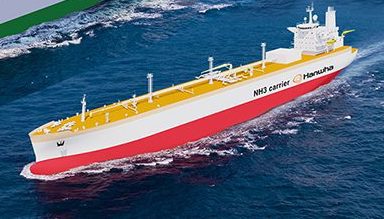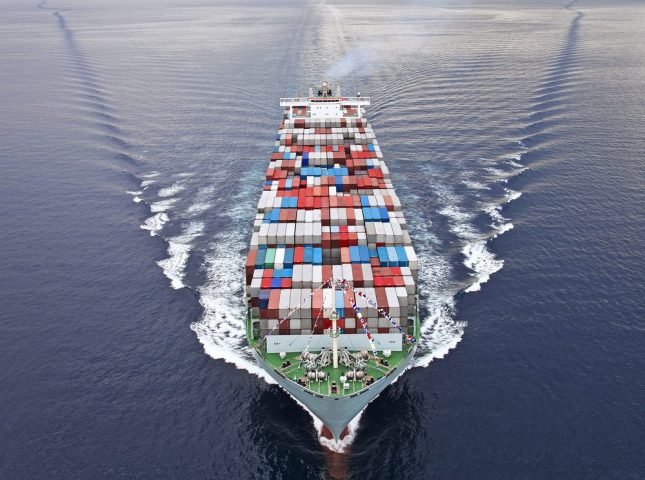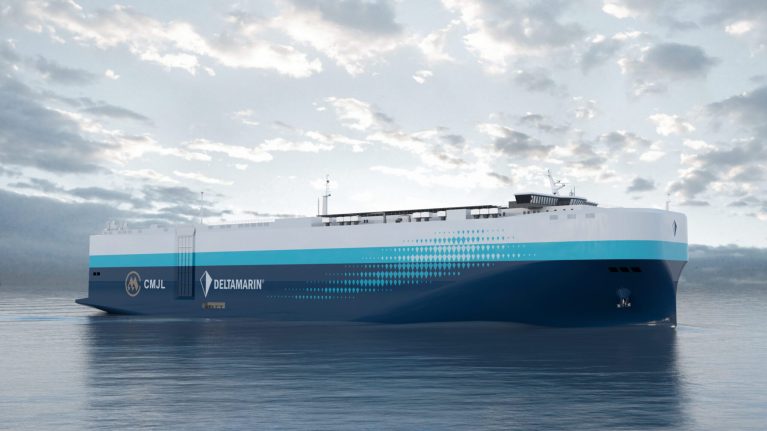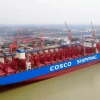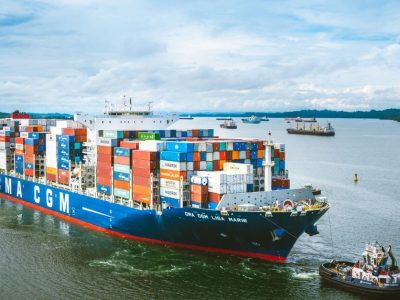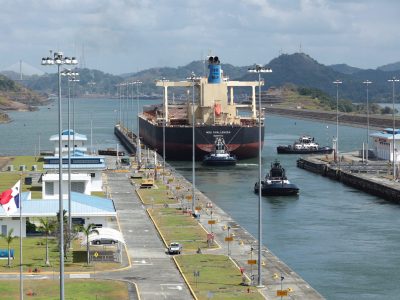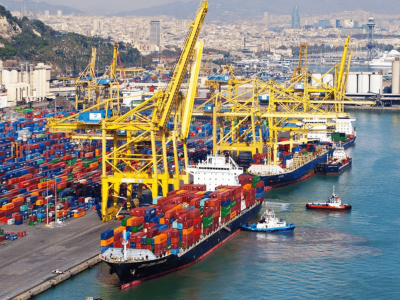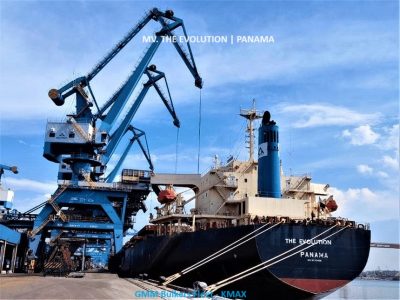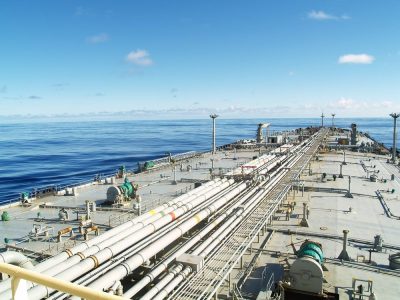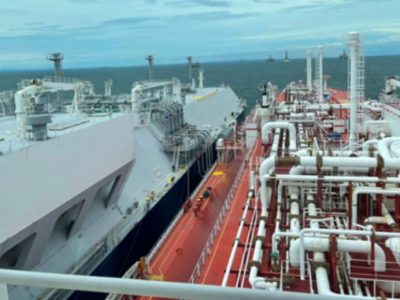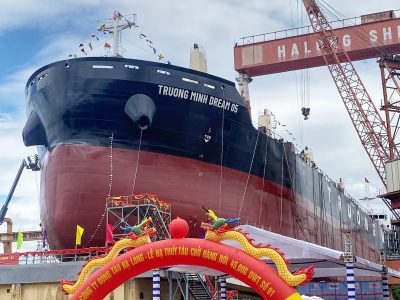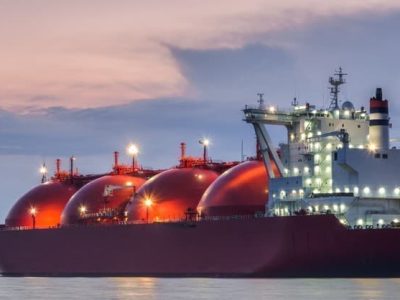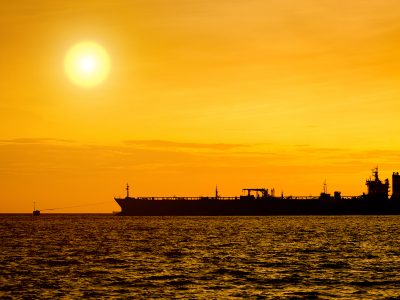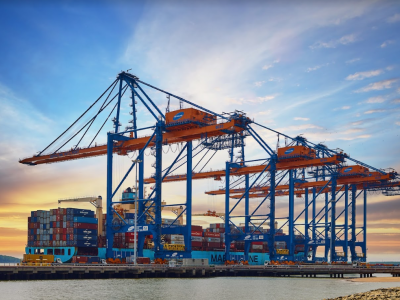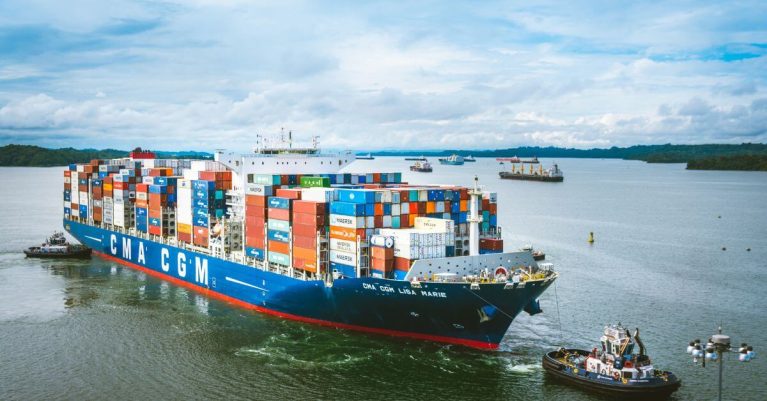By GMM News | 2023-12-05 | International Shipping News |
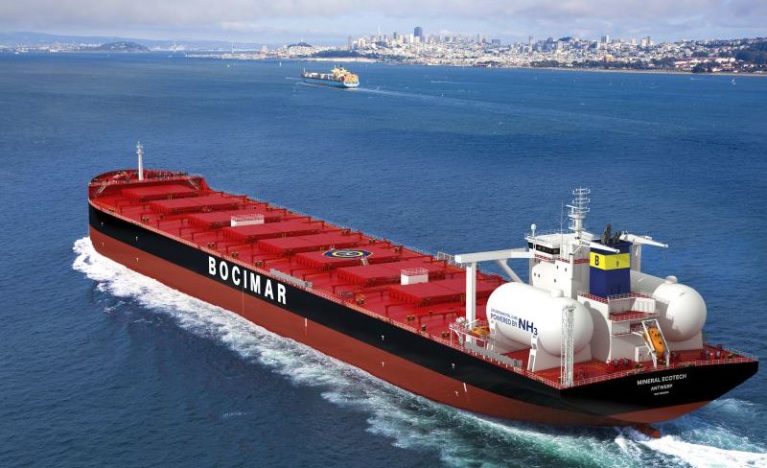
Two-stroke ship engine manufacturer WinGD is moving forward with plans with introduce the world’s first ammonia-fuelled bulk carriers with Belgian bulk carrier operator CMB.TECH.
The Swiss marine power company on Tuesday announced a four-party agreement with CSSC Qingdao Beihai Shipbuilding (QBS) and CSSC Engine Co (CSE) to underwrite CMB.TECH’s order of X72DF-A ammonia-fuelled engines for a series of 210,000 DWT bulk carriers under development. These vessels are scheduled for delivery between 2025 and 2026 from QBS.
The collaboration marks a significant milestone in the joint project launched earlier this year by WinGD and CMB.TECH to develop two-stroke ammonia ship engines.
The upcoming bulk carriers will be the first of their kind to be powered by ammonia. WinGD’s engine designs will be the first ammonia engines of this size, and they will also be the first ammonia engines manufactured in China.
CMB.TECH is part of Compagnie Maritime Belge (CMB), a diversified shipping company controlled by the Saverys family of Belgium.
CMB.TECH’s CEO, Alexander Saverys, spoke of the importance of green ammonia in decarbonizing long-distance shipping. “The gathering of expertise under this agreement will ensure that our first ammonia-fuelled vessels are built and powered in a safe and sustainable way, as well as helping to decarbonize our business and our customers’ logistics,” said Saverys.
WinGD’s X-DF-A engines use high-pressure fuel injection with a small amount of pilot fuel, delivering performance and fuel efficiency comparable to their diesel-fueled X-Engines. WinGD says the engines do not require aftertreatment for N2O emissions, and selective catalytic reduction is used to ensure Tier III NOx compliance in both ammonia and diesel modes.
Safety is a top priority in the project’s development. Hazard identification (HAZID) studies, followed by Lloyd’s Register’s Approval in Principle of the X-DF-A engine concept, have demonstrated that ammonia-fuelled engines built and operated according to the approved design maintain an equivalent level of safety to conventionally fuelled engines.
“Having progressed the engine design and vessel integration concept rapidly with CMB.TECH over the past nine months, enlisting the mutual cooperation of the shipyard and engine builder is a critical next step. As well as safeguarding the successful entry into operation of these innovative engines, this collaboration will also accelerate the spread of ammonia capabilities across key stakeholder groups, placing the whole industry on surer footing as it explores a vital decarbonisation pathway,” said WinGD CEO, Dominik Schneiter.

